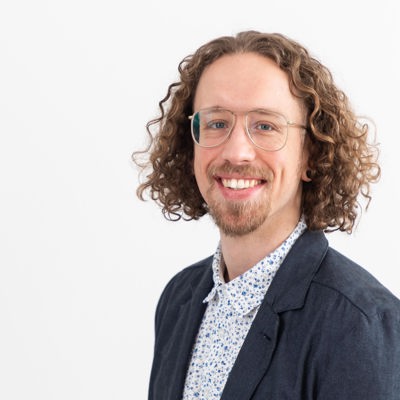
Ass.Prof. Dr. Sebastian Dennerlein is a cognitive psychologist with a focus on technology-enhanced learning, co-evolving learning innovations and practices in higher education and at the workplace. In challenge-based learning and professional innovation teams, for example, he aims at unfolding the interactive process of self- and socially regulated transformative learning to collaboratively design effective learning affordances in the doctoral school. Leveraging computational approaches is a cornerstone in his ambition to understand and support learning processes, as well as focusing on ethical reflection practices for the development of responsible AI.
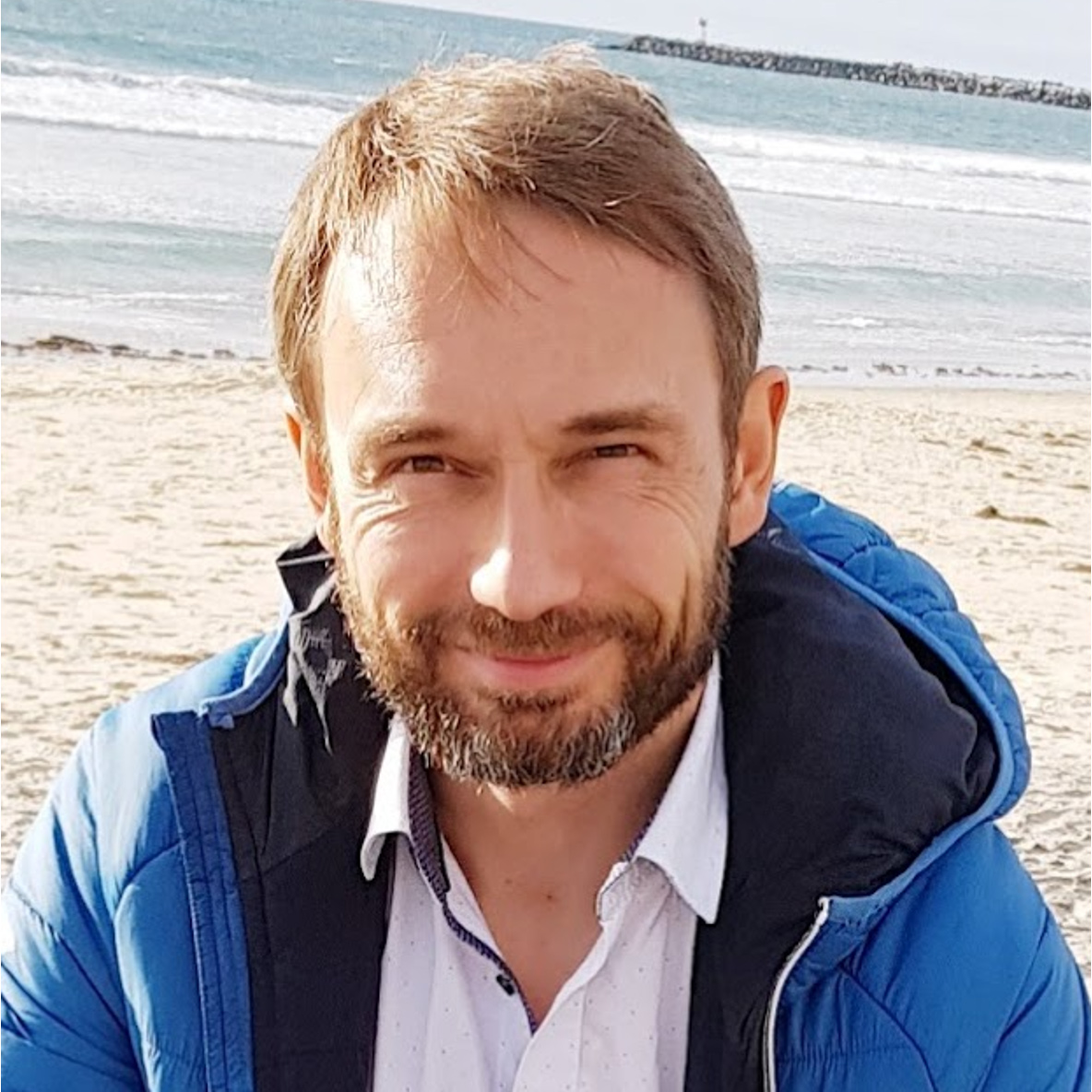
Prof. Dr. Markus Hohenwarter (JKU) is a technology and mathematics education expert, specializing in the development and application of dynamic mathematics software in education. He is the founder of GeoGebra, an interactive software application used worldwide for teaching and learning mathematics. His research focuses on the integration of digital tools in education, enhancing student engagement and understanding through innovative software solutions. Within the doctoral school, Markus will provide training and support in the use of educational technologies, digital curriculum development, and the design of interactive learning environments to foster deeper mathematical comprehension and creativity.
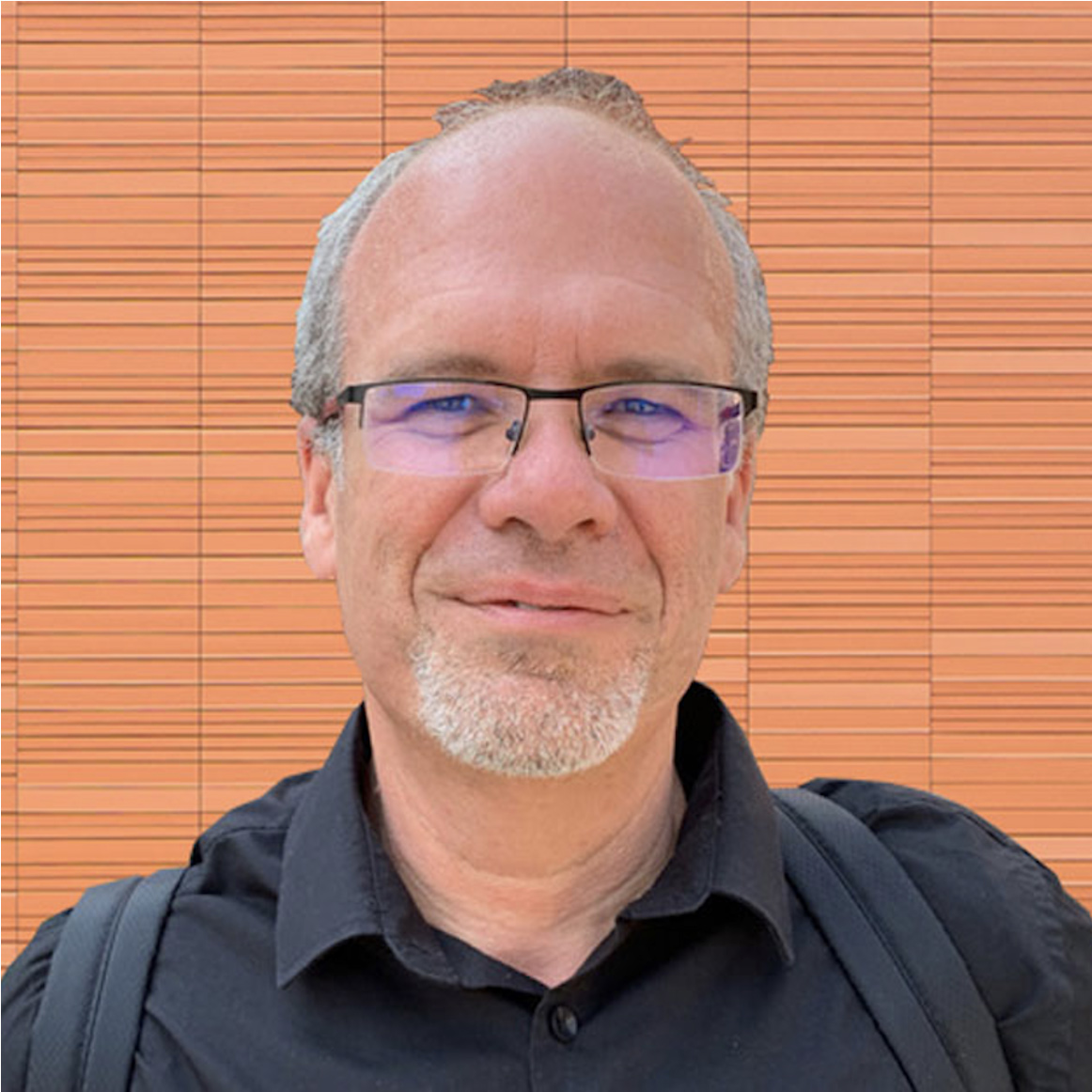
Prof. Dr. Zsolt Lavicza (JKU) is a mathematician and education researcher specializing in educational innovations, design, creativity, sustainability, and the integration of technologies into education. Zsolt has extensive experience working on projects and supervising PhD students addressing educational issues from around the world. Within the doctoral school, Zsolt will offer educational research training and support on topics such as educational innovations, project-based learning, technology-enhanced teaching and learning, maker education, and designing creative and sustainable educational ecosystems.
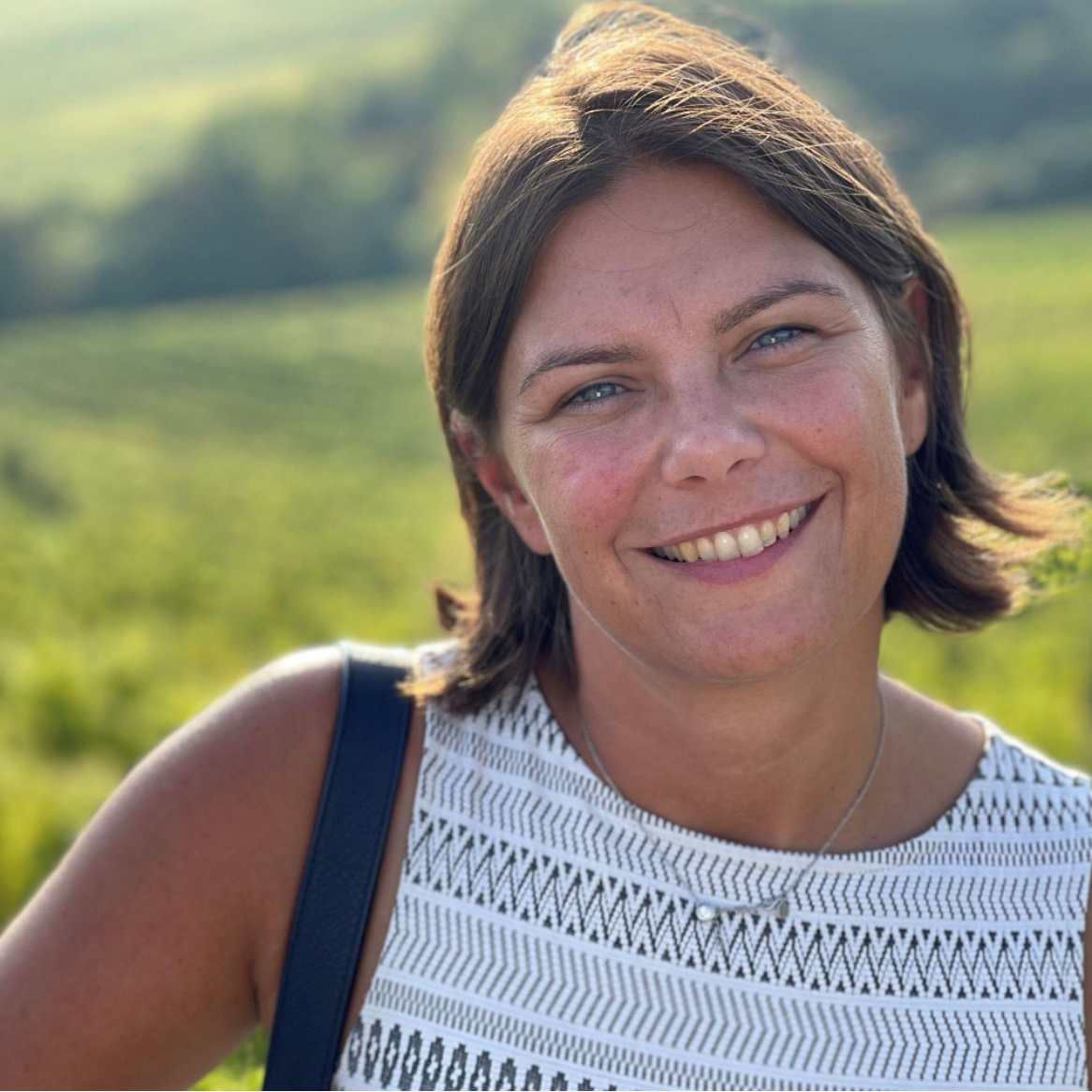
Prof. Dr. Lana Ivanjek (JKU) is a physics education researcher specialized in development and validation of research-based teaching materials for university level and for high school. She has experience in development and validation of concept tests for middle-school, high school and university level, as well as with the development of critical thinking skills test related to climate change. Within the doctoral school her focus will be on new teaching-learning environments in university settings, virtual reality for improving teaching and eye tracking in educational research.
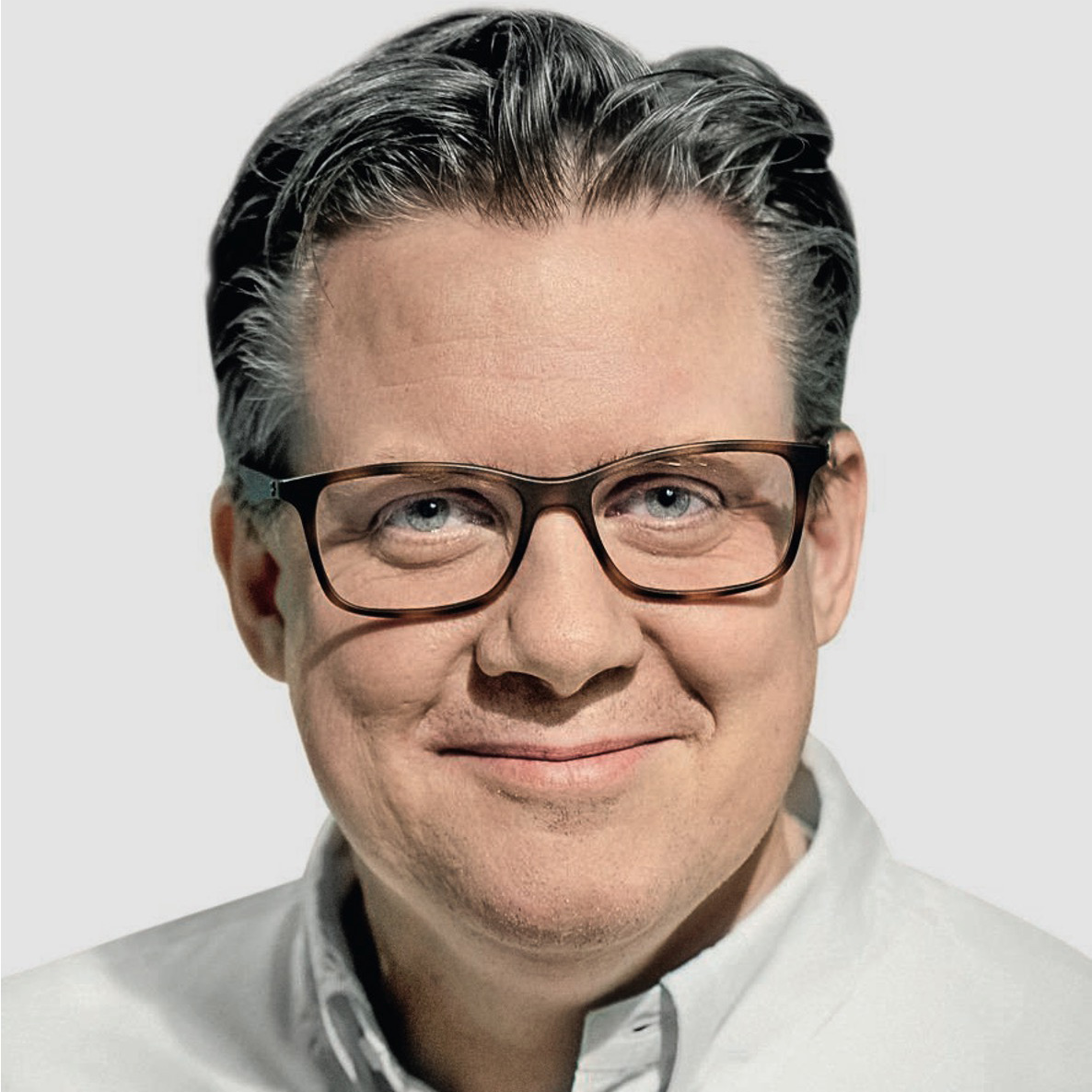
Prof. Dr. Lars-Peter Kamolz, M.Sc. is a plastic surgeon and heads the University Clinic for Surgery at the LKH University Hospital Graz, Medical University of Graz; In this role he is not only a doctor, but also a researcher and teacher. He is also very active in the area of medical innovations. Within the doctoral school his focus will be to support the development and implementation of new teaching-learning techniques and environments in medical universities. Kamolz will also offer research training and support on topics within the medical and life science field.
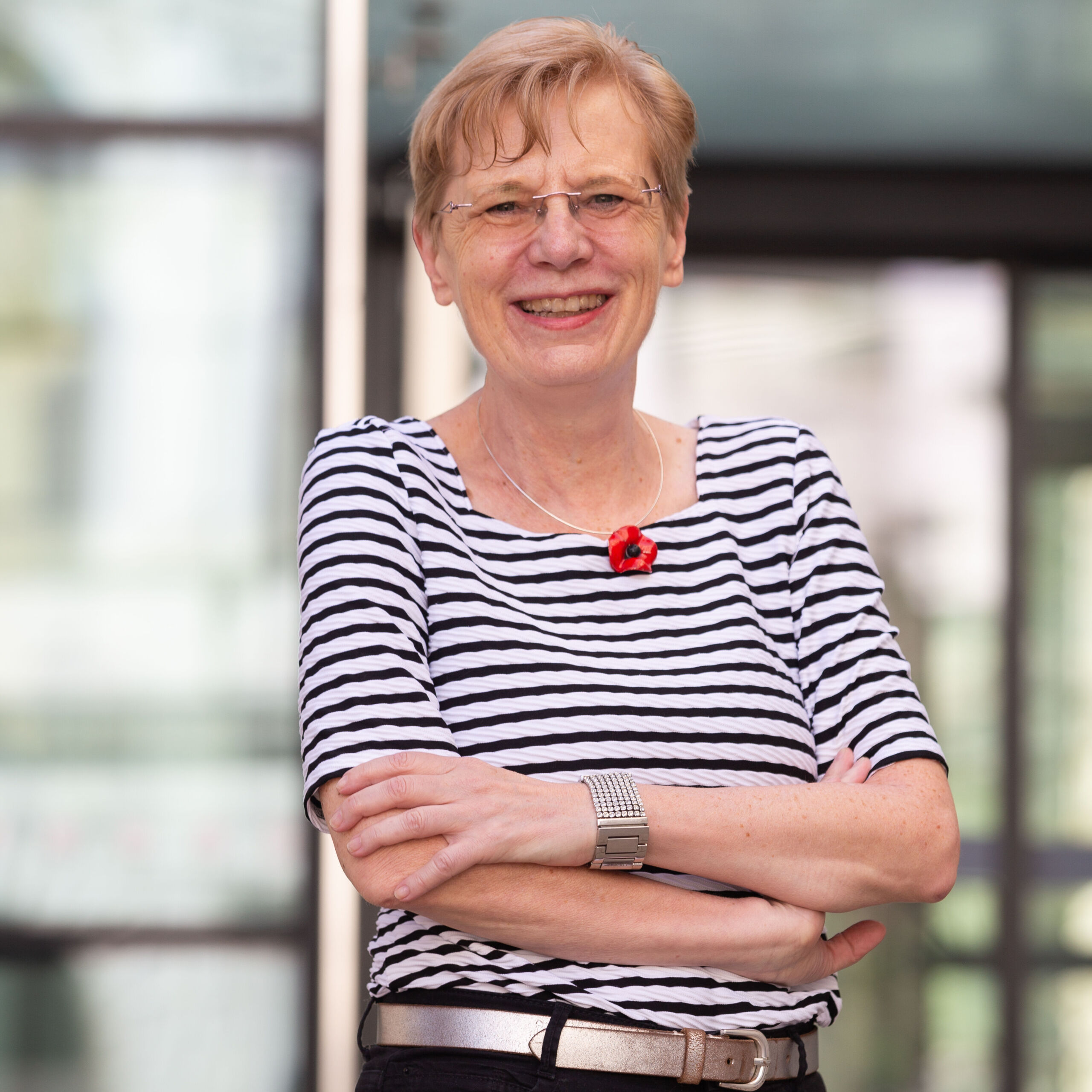
Prof. Manuela Paechter is an educational and media psychologist whose research emphasizes the collaborative and contextual nature of learning, where knowledge is co-constructed through interactions with peers, instructors, and digital environments. She explores how cognitive, emotional, and motivational factors intertwine in effective learning environments. Within the doctoral school, developing and evaluating AI tools and digital learning scenarios that foster self-regulated learning, active engagement, motivation, and meaningful, positive learning experiences are central to her work.